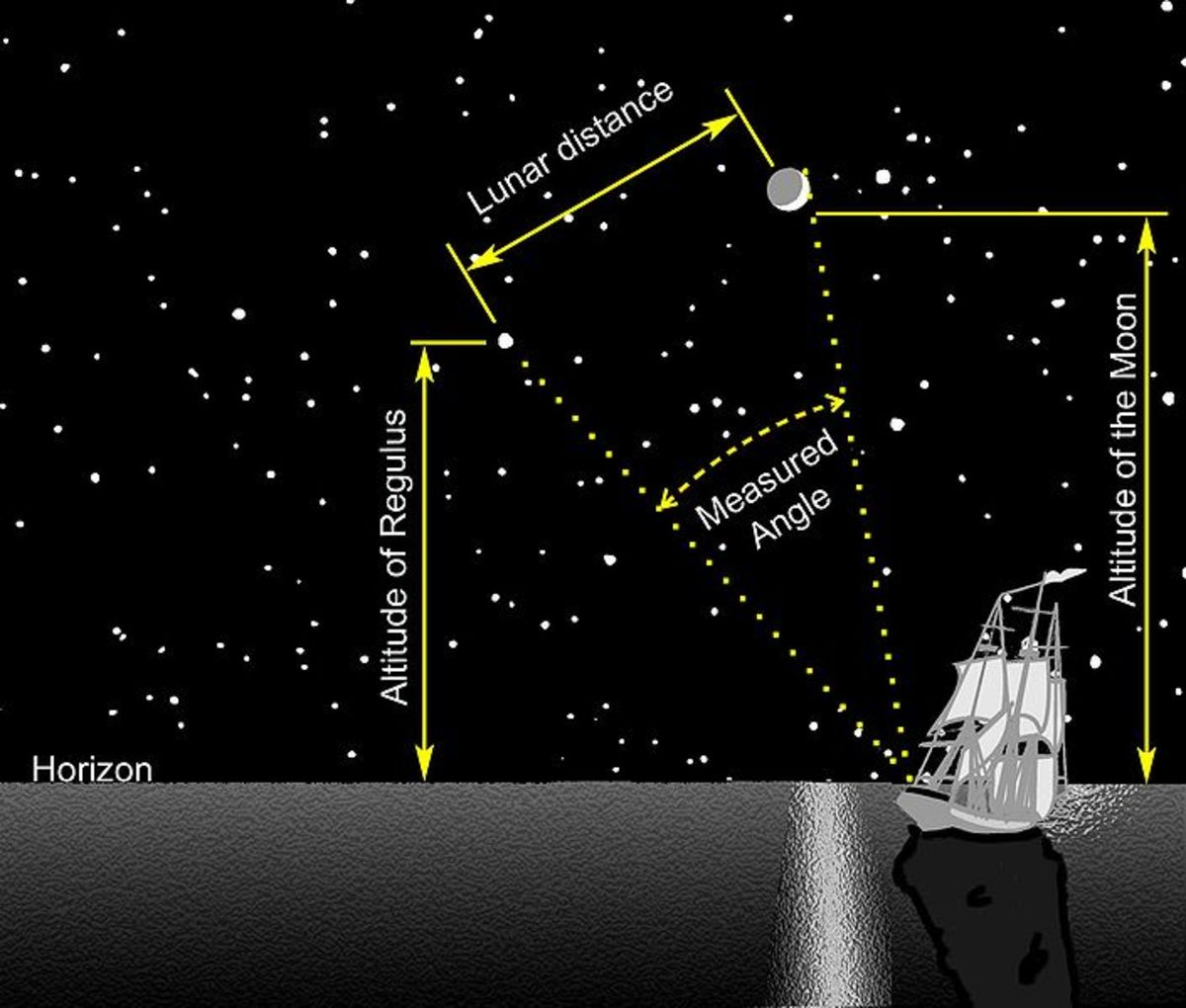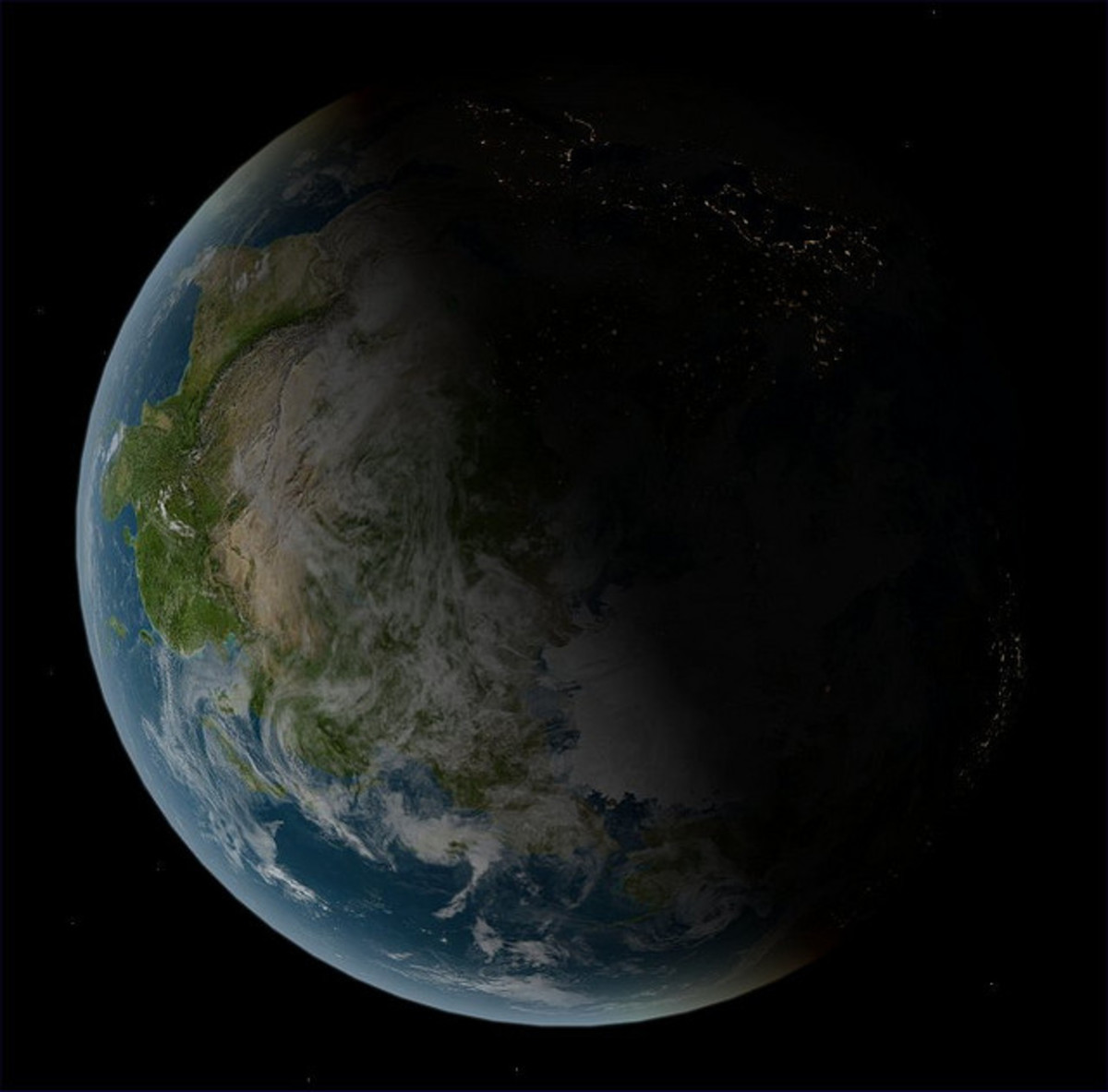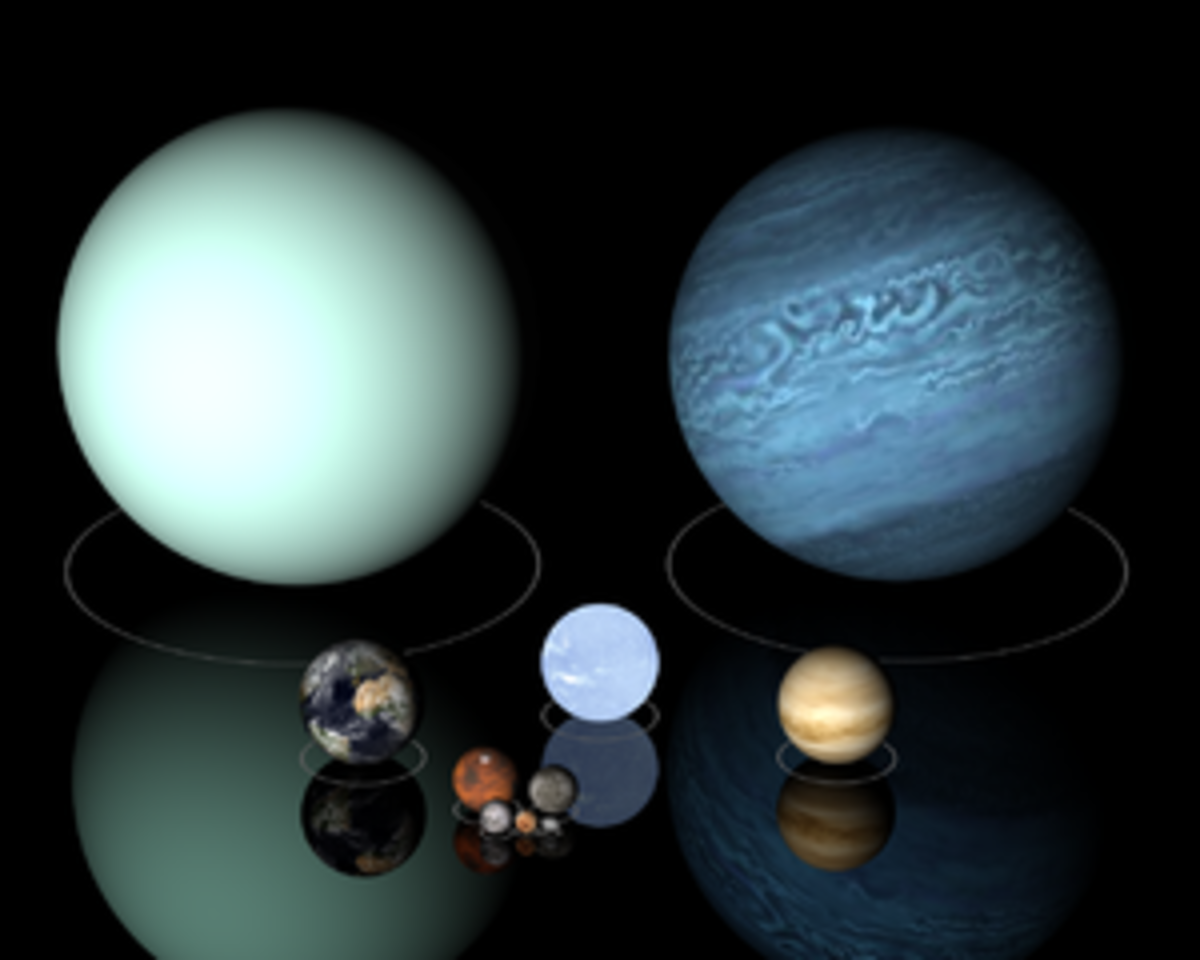Why is Humanity so Fascinated by Space Colonization?
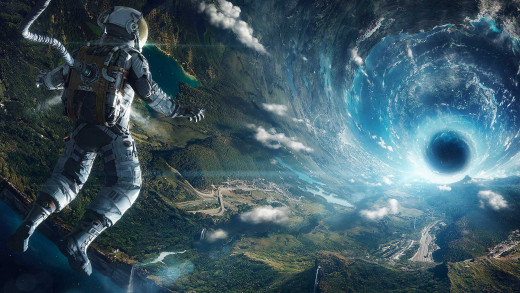
What does space mean to different people? In the United States, space exploration is overwhelmingly popular, as NASA is one of the few agencies of the US government which enjoys high popularity rankings, even if people may dramatically overestimate its cost. There are vast numbers of science fiction books which are published which involve space travel, and movies and television shows are plentiful portraying space travel - Star Wars, Star Trek, Avatar, Battlestar Galactica, 2001: A Space Odyssey, are all visions of some sort of future (even if Star Wars may ostensibly be set in the past) among the stars, for better or worse. And practically, space travel does give us plenty of benefits - satellites for communication, satellites for photography, observation satellites of the sun that might help us against future solar waves, scientific research into the magnetosphere, scientific research on the ISS - however dimly understood it may be by most people - and plenty of other research subjects which are vital for long term scientific advance as a civilization. But it is clear that space means far more to us than simply satellites observing the earth, and that the television shows and movies about space are far more about our dreams than practical realities. Space is a dream, something most of us have no real personal contact with, other than gazing up at the night sky, and yet it is one which courses through our consciousness.
Of course, within the United States space is almost synonymous with the term "final frontier", used by President Kennedy and in Star Trek, drilled into the American popular culture. It carries an American cultural mythos with us - that of inevitable expansion into open spaces, that material plenty is purchased by this, that it hardens the individual and instills them with virtues. It links back to Frederick J. Turner's "On the Significance of the Frontier in American History," which promoted the belief that the frontier forged an individual who was democratic, hardy, adventerous, entrepreneurial, and energetic. Some of this cultural mythos has been perhaps sullied by its assocation with racism and the genocide of the Native Americans - but it still remains as an American idea and mythos. Space has coopted this for itself.
But there's no inherent reason why space alone is the final frontier. There are plenty of other frontiers on earth - the bottom of the sea is a promising site for exploration, trans-humanism promises that the human condition itself can be transformed and so perhams humanity will become our own final frontier. And of course, there is simply the frontier of human happiness - that we can progress to our utopia through constantly improving life on Earth.
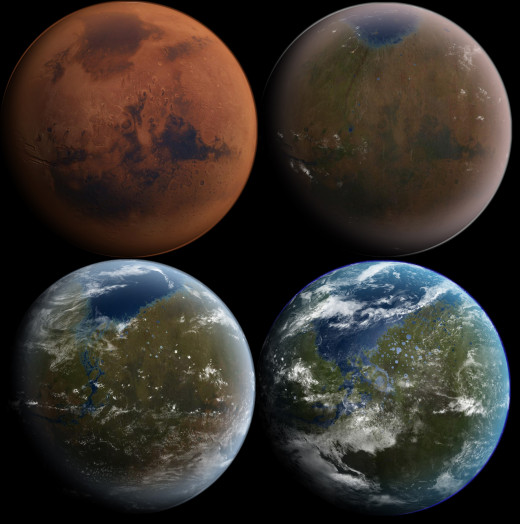
It must be part of a familiarity which other visions of the future are lacking, or lacking in a feeling of ambition. Space is unique in that it provides for the ability to transplant our own society into recognizable places elsewhere. It is impossible to image this at the bottom of the seas - life under domes in the darkness lacks the same romantic flair as terraforming Mars to be fit for humanity to walk freely under its thin skies, or that of a ship travelling through the void of space flying to another planet in a distant solar system. Domes on the bottom of the sea feel like a regression by contrast - going inwards, and for the Western cultural tradition, going backwards, going back to Atlantis. Transhumanism is impossibly alien for us to comprehend: what exactly is uplifting ourselves out of existence, or going to a new dimension of mental space? The utopia of human happiness on Earth is the most damning in the end: it is simply boring, to imagine a perfect world where everyone lives in peace, happiness, and harmony, without any other ambitions except to be. Certainly, it animates humanity on a tactical level - a request for additional money for space exploration will always receive the at least unconscious refrain of "but what about spending money here on Earth?" but in broader terms, it feels constraining. And of course, space has the great attribute that it doesn't exclude any of these dreams - it is perfectly possible to imagine utopia in the stars, to imagine transhumanism born on distant colonies of Earth, to imagine cities under the ice of Europa.
The genius of space is that it is fertile soil upon which humanity's imaginative seed can be sown to produce whatever he desires. Space can mean whatever one wants - be it domes upon the Red Planet, heralding heroic builders who seek to terraform an entire world to be suitable for human life and hence to match on an even greater scale all of mankind's great efforts of construction, be it a pristine and untouched world where humanity lives in broad harmony with nature in bucolic happiness, matching the fantasies of environmentalism and providing a reassuring familiarity to all, or be it a capsule hurtling through the heavens as nomads travel to a new world upon generation-ships - aping the wanderlust and the daring of the past. Space is virgin soil, which can be impregnated with any dream that one desires, and the most abundant and grand harvests reaped from it, fit to suit any ambition one desires. It is the deus ex machina of destiny.
Different political agendas visualize their own conception of space. Perhaps it is no surprise that for leftism, space is a brilliant stage to put its actions into effect. Space colonization is a blank slate onto which a future society can be envisioned - past, history, tradition, custom, the dead hand of years gone by which rests upon the shoulder of every utopian society and brings it to heel, these are all removed. The problems of material want and insufficient resources become nothing in space. Kim Stanley Robinson's Mars series, an excellent book series, is a great example of this - the end of material scarcity and removal from Earth's reactionary and outdated social views produces a paradise planet of peace and tolerance. There are plenty of other science fiction books which postulate utopia in the heavens: the Dispossessed from Ursula le Guin, to some extent Pandora's Star from Peter F. Hamilton (an odd mix of technological perfection and social dystopia, but a place with eternal life and limitless possibilities surely counts as some sort of utopia), some of Anne McCafrey's books. etc Space enables the depassed traditions of the past to be overcome, so that we embrace our future.
The leftist conception of space is also reliant upon an identification with power, science, and progress. As noted in the Industrial Society and its Future, leftists often tend to find meaning and identity as part of a group, and to focus on things which they believe society only partially lives up to: in this case, science. Of course, the principle of respect for science is deeply and tightly ingrained in Western society, and there is nothing notably revolutionary or brave in standing up in its defense when this is the expected action of any thinking individual. Since space exploration is associated with science, and the opponents of leftism are accused of not living up to science (generally upon the issues of evolution, abortion, and climate change), then logically the leftist is committed to the defense of space exploration as part of science, his cherished tool and viewed as further proof of the superiority of his thought.
America! Yeah!
The ideal of space exploration is deeply embedded into the far-right of the political spectrum as well. Just like with the leftist, the rightist too has plenty of diversity, so perhaps it makes it hard to generalize. There are plenty of books about war and violence in space, with the values of honor, courage, discipline, stressed. The positive portrayal of war is something that is rightist. But the appeal and fascination of space goes beyond just the appeal of conflict in the stars - think of Elon Musk, who hopes to put a colony on Mars in the not-so-distant future. It isn't a warlike goal, but it is one which he is religiously devoted to. Beyond the scientific reasons - a base on Mars as Musk says, is a necessary insurance if something bad happens to Earth - but he also justifies it in terms of adventure, in giving humanity a dream to work for, the standard American rhetoric about space. So too, it appeals to the idea of individuality, of risk-taking, of bold explorers setting off into the unknow. It also fits into the American right-wing hope that technological development will obviate social problems and class difficulties, that more and more technology will make everyone rich and tricky questions of income distribution or hiearchy will never have to be addressed.
Musk is a patriotic and fierce American, roughly speaking located on the right of the American political spectrum, but there are also thinkers and people much further to his right. These people too, have interest in space. Perhaps for them, it is the promise of purity. For most members of the far-right, the course of history is an exercise in frustration. Their views tend to be formed by a reaction to society, and as the societal forces they are reacting to are still in effect, history appears for them to be a constant stream of defeats and setbacks. Since their vision tends to be - although certainly not always is! - a negative response and reaction to changes, in the end most often they are defeated. If we are to return to the initial rise of the right and the left in the French Revolution, the banners of the right were raised in the defense of noble privilege, the established church, and monarchy. Today, these political ideas are dead, and the far right of our society concerns itself with racial degeneration, gender and sexual mores, and civilizational and religious conflict. On most points, the alt-right can have the feeling that it loses - after all, there are more and more immigrants into countries belonging to Western civilization from other races, rapidly changing sexual mores, and traditional religion is in rapid decline. Behind the anger, bravado, and dynamism of far-right discussion boards and conversations, it is hard to avoid an unmistakable feeling of despair and defeat - that they are powerless to stop the social transformations gripping society, that they are fighting a losing a battle. On discussion boards with far-right leanings a common refrain is that the ultimate goal of Western civilization is the colonization of the stars, and they claim that this is being held back by immigrants and minorities. Regardless of the debatable nature of this view, it shows the mentality at work: that the stars are the goal of mankind, and that they are best off colonized by a racially homogenous group, leaving behind Earth's diversity.

That at least, sums up the views of the far right. Or does it? Space also serves as a canvas for some of their fears as well, something that has a long history. H.P. Lovecraft, the cosmic horror writer par excellence, was notably right-wing in his views, to the great discomfort of some modern commentators who want him banned or removed due to his racism. Space is hope - but it is also the common themes which have been part of the right-wing of political discourse, struggle, the danger of the unknown, and the danger of the alien and that which is different. Lovecraft projected aliens who were completely, utterly, alien, that humanity was insignificant compared to them, that monsters lurked in the deep darkness of space, that the universe was full of corruption and horror waiting to pounce on a fragile humanity. This is very close indeed to the most pronounced racial fears expressed back here on Earth - the idea of the fragility of civilization, always threatened by foreign hordes. Space represents for some of the far-right of the political spectrum a way to escape this - and for others it is another battleground of these terrors. Space is used as a reference point to pin our own ideals, hopes, and fears on.
Even in non-political cultural references, space plays a role as the destiny of humanity. In Civilization IV, the quote utilized for the research of the technology of rocketry is one of Konstantin E. Tsiolkovsky - "The Earth is the cradle of the mind, but one cannot eternally live in a cradle." The ideal of Western society is supposedly that one leaves the house of one's parents when one becomes a full adult, going elsewhere - not, notably, a universally shared ideal, with West Africa traditionally seeing children building huts on the compound of their father, instead of branching out on their own. Space makes a deep cultural resonance in this ideal - that as we become adults, we have an obligation to leave and to settle elsewhere, that to stay on Earth is to stay eternally in a cradle. It has a religious connotation to it too. At least in Christianity, hell is beneath us - and heaven above. To travel the stars is literally to go to heaven. And the ideal of starships travelling out across the heavens matches exactly with the ideal of a pilgrimage - of the faithful leaving their homes, to go to an uknown and alien land, secure only in their faith. Any voyage to another world without faster than light technology will be one of many years, perhaps forever in the dangers of space - and yet its romantic drama still draws us.
Space fills a sort of spiritual void for us, for the secular denizens and the proud bearers of the torch of atheistic, materialistic, progress. It is no surprise that the societies which have most pursued the dream of space exploration have been the United States, confident in the superiority of its material civilization in the 1950s and 1960s, and the atheistic and equally materialistic Soviet Union. When articles are written defending space exploration, they include material benefits of course - but almost every single one also includes the benefit of kindling scientific curiousity. Space is a route to tomorrow - a way to give meaning to life by giving back people an optimism in that the future will be better. It is the exact same as the Abrahmic religions, which promise for their believers that after their death, life will be better when they are in heaven - presuming of course, that they have followed their prescriptions correctly.
And this explains why space is not as compelling for everyone.
One of the most famous examples of opposition to the space race was Gil Scott Heron's song "Whitey on the Moon." It revolves around a Black man complaining that although the White man may be on the moon, in fact his lot has not changed all much - that he still has all of the woes of life and nothing has been done to fix them. Of course, whites have grumbled plentifully about the government wasting their tax dollars (indeed from what we know of opinion polls the 1960s had a broad majority who opposed the massive space program, even if today attitudes have changed), but the fundamental distinction between whites and blacks is that the former felt, and probably still feel, an alienation from this messianic vision of the future: their vision of utopia was dramatically different.
Much of modern opposition to space exploration often takes up some of these ideas: articles in response to Musk and White House enthusiasm about space exploration hinge upon the resources that are diverted towards its and the unequal representation of racial groups concerning it: that at heart they are a white man's dream, and bought at the expense of others. How does this fit with the broad popularity that space enjoys otherwise? For these people, they are convinced that a utopia, or at least major progress, is possible, even within reach on Earth - and that distracting from it by focusing on space is a mistake. If one only has limited resources to spend, then spending them on Earth is their choice.
But neither of these views can really be viewed as seriously important. The flood of science fiction books, movies, and TV shows about colonizing the stars, the broad support for space exploration, the excited dreaming about what life will be like in space - all of these show that space has penetrated our collective consciousness, and that by now it cannot be ignored.
Things are far more complex than this. Most of these views are American ones - what about other countries and their ideas about space? Just in Europe, the region which is often viewed as the most similar to the US (discounting minor places like Australia or New Zealand, or American satellite states likeCanada), views on science and technology differ dramatically from the US: Asia, Africa, the Hispanic part of the Americas, these too have their own distinctions. But there might be one thing which shines through: in the end, when we think of humanity and its destiny in the stars - if it has one - the unifying theme is that nothing is so tantalizingly blank, so vast, so capable of having our own dreams and fears inscribed upon it, as the stars. Space is vast enough to accept any possible vision of it - and almost any of these visions can exist at once, without disturbing another. This can make it difficult to give anything deeper as a theme to it, but a vital part of it for many is a secular redemption: a final destiny for the species, something that justifies all of its woes and problems now, in the confidence that amongst the stars life will be better - or at least, that it is inevitable.
© 2020 Ryan Thomas


